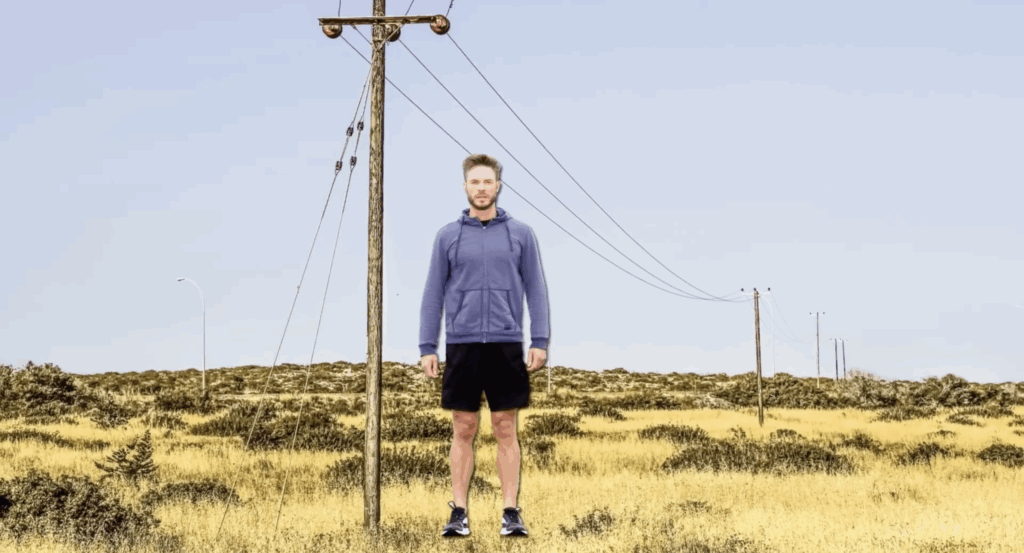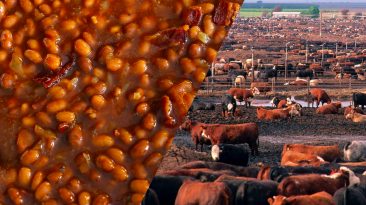The tallest human in recorded history, Robert Wadlow, reached 2.72 meters (8 feet 11 inches) and became an international sensation. But if a person grew to 5 meters (16 feet 4 inches), nearly double Wadlow’s height, the physical, physiological, and societal implications would be extraordinary.
Scale and Perspective
At 5 meters tall, a human would be half the height of a telephone pole, three times the height of a refrigerator, and more than two and a half times taller than Shaquille O’Neal. Everyday objects and environments would be disproportionately small, making navigation and interaction with the world challenging.

Buildings, furniture, and vehicles are all designed for average human height, creating practical obstacles for someone of extreme stature.
Causes of Extreme Height
Extreme gigantism, a rare medical condition, is the most likely cause of such exceptional height. Pituitary gigantism, often resulting from the overproduction of growth hormones or a tumor on the pituitary gland, can cause rapid and excessive growth. Wadlow’s case illustrates the dangers of such conditions, as he died at the age of 22 due to complications from an infected blister and limited mobility.
Health Implications
Living at a height of 5 meters would present significant health challenges. Bone structure may struggle to support increased body mass, making mobility difficult and risky, particularly on soft or uneven surfaces. Metabolic demands would increase substantially, requiring far greater caloric intake.

Cardiovascular benefits, such as reduced risk of heart disease and diabetes, may occur, but these are outweighed by the risks of blood clots, organ strain, and cancer.
Neurological and Physiological Challenges
Excessive height affects the nervous system. Nerve impulses would travel more slowly, impairing reaction times and coordination. Deepened vocal tones and delayed sensory processing would complicate communication and daily activities. Combined with environmental limitations, these factors would make everyday life considerably more difficult.


















